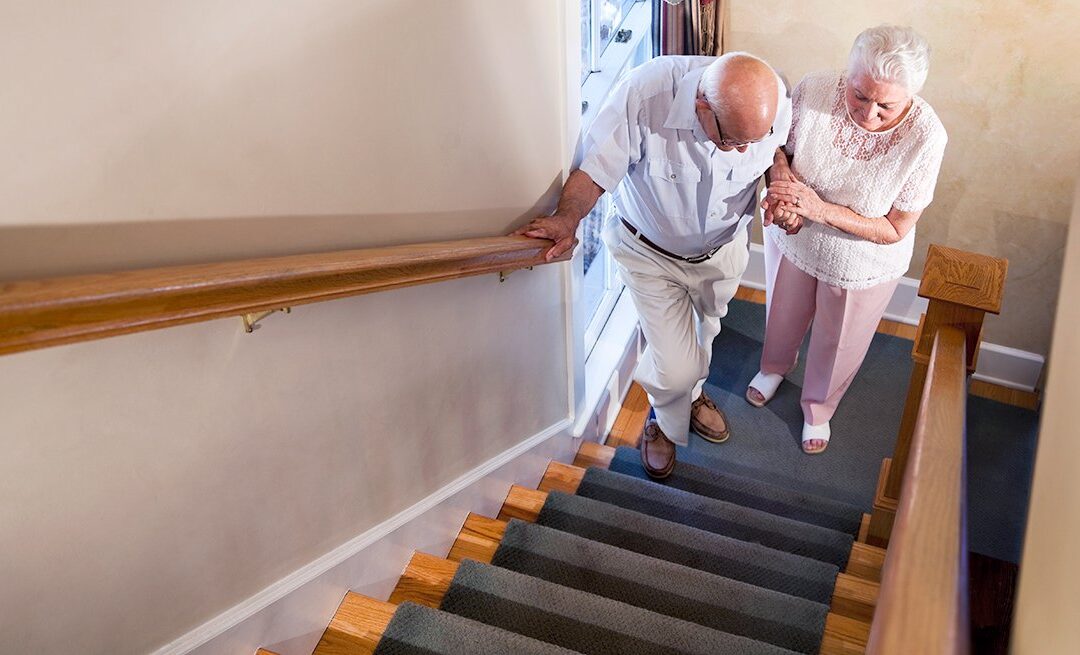
When it comes to living options, today’s seniors enjoy more flexibility than in the past. But sometimes, an adult child will need to move closer to their aging parent to help them maintain their independence, especially if that parent starts developing memory issues or is in need of more personalized care.
Explore the different options available to make the transition from independent living to the next stage of your loved one’s life an easy one. Here, palliative care experts like Dr. Charlene Shaw, MD from The VIOS Clinic offer some information and advice for getting started.
Staying Home
If your senior wants to remain at home, moving closer may become a necessity as their caregiver. You might be required to help with everyday tasks such as meal preparation, laundry, and light housekeeping, as well as ensuring the bills are paid on time and the house remains in good shape. Thankfully, it’s now easier than ever to hire professionals for specific work around the house such as plumbers, electricians, and gardeners.
If this is what you and your loved one choose, be sure to also make modifications that will keep your senior safe. This includes installing grab bars, adding non-slip flooring or mats, removing tripping hazards, and increasing light throughout the home.
Moving to Assisted Living
If your senior cannot live independently anymore but doesn’t require 24-hour care, an assisted living facility may be what you’re looking for. Look for a community near a variety of amenities including healthcare services, retail stores, and churches. Many communities also offer medical services like occupational therapy and stroke care, daily activities (e.g., arts and crafts, exercise, movie nights, etc.), and dining services.
These communities also provide assistance with activities of daily living and functional mobility. Seniors requiring daily skilled care like intravenous injections, speech therapy, or wound care can even find communities where they can receive skilled nursing services around the clock and transportation to doctors’ appointments or hospital visits.
Moving to a Memory Care Facility
If your loved one is suffering from dementia or Alzheimer’s disease, they will most likely need memory care. These types of communities provide more supervision and security features for their patients, as well as staff specially trained to care for seniors suffering from dementia and Alzheimer’s. Medication support is usually offered on-site, along with many other services. Look for a community close to places of worship, pharmacies, and retail stores.
Taking Advantage of Respite Care
If your intention is to live at home with your aging loved one, it’s important to take time for yourself. Both for self-care purposes and to complete tasks that require your full attention. This is where respite care comes in. Respite care caters to patients requiring around-the-clock care for a short period of time (after an illness or surgery, for example) and provides a much-needed break to the senior’s main caregiver.
Maintaining Quality of Life
If your loved one will be living with you or moving into an independent or assisted living community, ensuring they stay engaged will be essential. While residential communities typically offer a range of activities, not all seniors take advantage of these. And if you’re busy juggling work and caregiving, it’s likely your loved one could still feel isolated. So find ways to help your loved one stay social and active.
If your loved one is in a residential community, help them choose activities that speak to their interests. Maybe it’s card games, regular outings, art classes, or even exercise programs. If your loved one will be living with you, and if they need to have other outlets, find ways to help them stay engaged. You can help them connect with long-ago friends from high school if they still live nearby.
Certain platforms make it easy to look up people via graduation year and locality. Or perhaps your loved one can join a virtual book club, set up online chats to enjoy card games, or entertain friends on the regular. Any effort to ward off isolation can make a big difference.
Conclusion
When your senior loved one needs you closer, carefully determine which living setup will be most beneficial. Whether staying home or moving to an assisted living community, they can still count on you for support and companionship.
If your senior loved one has limited mobility or can’t always get to in-person appointments, The VIOS Clinic offers personalized telemedicine sessions with skilled elderly care doctors who can help. Join our concierge memberships and let Dr. Charlene Shaw, MD guide you and your parents to a dignified way of assisted living.

BLOG AUTHOR
Dr. Ismail Sayeed
Dr. Sayeed is the Medical Director of ViOS, Inc. He is a deeply committed physician entrepreneur & medical blog writer. While building the global infrastructure of the VIOS Clinic, he is dedicated to educate people on the potential of specialist telemedicine for managing chronic diseases.
Read more about him in his author bio





0 Comments